“Stress is caused by being ‘here’ but wanting to be ‘there.’”
According to the American Psychological Association (APA), chronic stress is linked to the six leading causes of death: heart disease, cancer, lung ailments, accidents, cirrhosis of the liver and suicide. They state that more than 75 percent of all physician office visits are for stress-related ailments and complaints.
Chronic stress can have deadly consequences if unchecked and unmanaged. Research has shown that it affects your brain function, suppresses your thyroid, causes imbalances in blood sugar, decreases bone density and muscle tissue, raises blood pressure, reduces your immunity and ability to heal, increases fat deposits around your abdomen that are associated with heart attacks, strokes and elevated “bad” cholesterol, and can lead to obesity.
It doesn't stop in physical manifestations. According to a recent survey by the APA, while 66 percent of people regularly experience physical symptoms of stress, a just-as-high 63 percent experience psychological symptoms. Stress is has been linked to depression, PTSD, mood disorders, substance abuse and high anxiety. The Occupational Safety and Health Administration has declared stress a hazard of the workplace.
Some stress is inevitable and unavoidable in our daily lives. But too much stress, and no recourse to manage it, is what we want to avoid. How can we do that? By finding ways to practice mindfulness, awareness of the present, better diet and nutrition, more exercise and physical movement, and simply finding time to do things that make us happy, calm and more relaxed.
"Move Your Body." Medical and scientific research has proven that fitness and exercise are some of the best anti-inflammatory mechanisms to keep stress in check. Physical exercise, like yoga, gets the blood moving more fully throughout the body, helping to improve the cardiovascular system and rejuvenating the body with oxygen. It also helps improves rest and aids sleep, which are critical to our health. Energetically, you begin to remove blockages along the energy lines and energy centers in the body, leading to a healthier flow of vitality and prana (life force).
"You are what you eat." Diet plays a major role in stress relief because our body associates stress with famine leading to increased production of the hormone cortisol. Cortisol has been proven to make us crave fatty and sugary foods, which is stored directly around the belly and is huge risk factor for diabetes and heart disease, especially in men.
"Imagine all the people..." Activities that boost production of hormones like oxytocin and serotonin are great ways to counter stress. Oxytocin helps us to trust more and have empathy towards others. Volunteering, community service and giving back to others in selfless acts of kindness have an uncanny ability to bring healing into our mind and body.
"No worries, be happy!" Meditation, prayer, quality time with friends and family, painting, drawing, journaling, dancing, self-pampering, massage...the list goes on! Find time to do the things that bring you joy, make you laugh and smile, and focus on the moment at-hand!
Whether it's through yoga, meditation, Thai Yoga Bodywork, goal-oriented physical fitness and training, aromatherapy through essential oils, or ALL OF THE ABOVE! - Nú Body & Mind will help bring you to a Nú You, Right Now!
Sources, and for more information on stress and disease, check out these links below:
http://www.apa.org/news/press/releases/stress/2013/highlights.aspx
http://jama.jamanetwork.com/article.aspx?articleid=209083
http://www.huffingtonpost.com/tag/stress-in-america-survey/
http://www.health.harvard.edu/newsletters/Harvard_Mental_Health_Letter/2011/March/understanding-the-stress-response
http://www.bbc.com/future/story/20120619-how-stress-could-cause-illness
http://www.miamiherald.com/living/article1961770.html#storylink=cpy
http://www.psychologytoday.com/blog/evolutionary-psychiatry/201211/stress-the-killer-disease
http://psychcentral.com/lib/how-does-stress-affect-us/0001130
http://psychcentral.com/blog/archives/2014/02/25/how-stress-affects-mental-health/
http://www.medpagetoday.com/Psychiatry/AnxietyStress/6926
